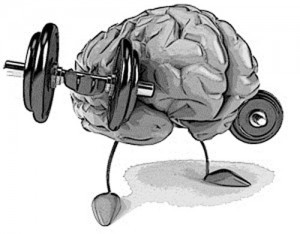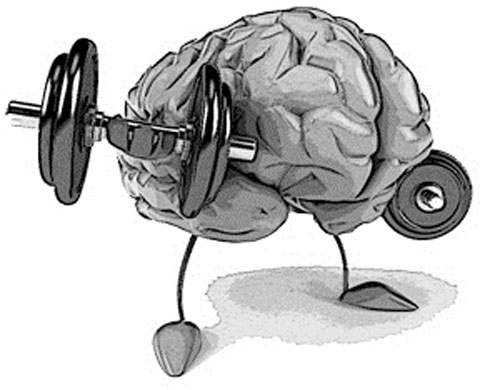
Every brain changes with age, and mental function changes along with it. Mental decline is common, and it’s one of the most feared consequences of aging. But cognitive impairment is not inevitable. Here are 12 ways you can help reduce your risk of age-related memory loss. But even if you escape these debilitating and life-threatening diseases, you may be among millions more who suffer from mild cognitive impairment (MCI or what is frequently called “age-related cognitive dysfunction”) and normal “age–associated memory impairment.” These conditions are what many of us have experienced as “senior moments.” The symptoms include memory loss, as well as a decline in the ability to think and reason.
Are forgetfulness and “senior moments” inevitable parts of aging? Many medical professionals (including the doctor in CNN's news brief above) say it's perfectly normal to start having memory lapses by the time you reach middle age.
I disagree. In fact, if you notice memory lapses, you may want to seriously consider making some immediate lifestyle changes to help reverse, or at least minimize further damage that might lead to dementia or Alzheimer's disease.
Fortunately, your brain is actually quite resilient, and has the capacity to regenerate and repair itself, which is given the medical term neuroplasticity. This is new information and not what I was taught in medical school in the late '80s.
The One Part of Your Brain That Appears to Be Protected Against Aging
Interestingly, recent research shows that certain cognitive systems located in the right cerebral hemisphere, such as spatial attention, mysteriously appear to be protected from the ravages of aging.
“Our studies …
![]() Much remains unknown about this clump of grooved grey matter – it’s been called the most complex object in the known universe – but the current body of evidence suggests that it responds to a healthy lifestyle and likes a bit of a challenge.
Much remains unknown about this clump of grooved grey matter – it’s been called the most complex object in the known universe – but the current body of evidence suggests that it responds to a healthy lifestyle and likes a bit of a challenge.
Please Read this Article at Articles.Mercola.com





Leave a Reply